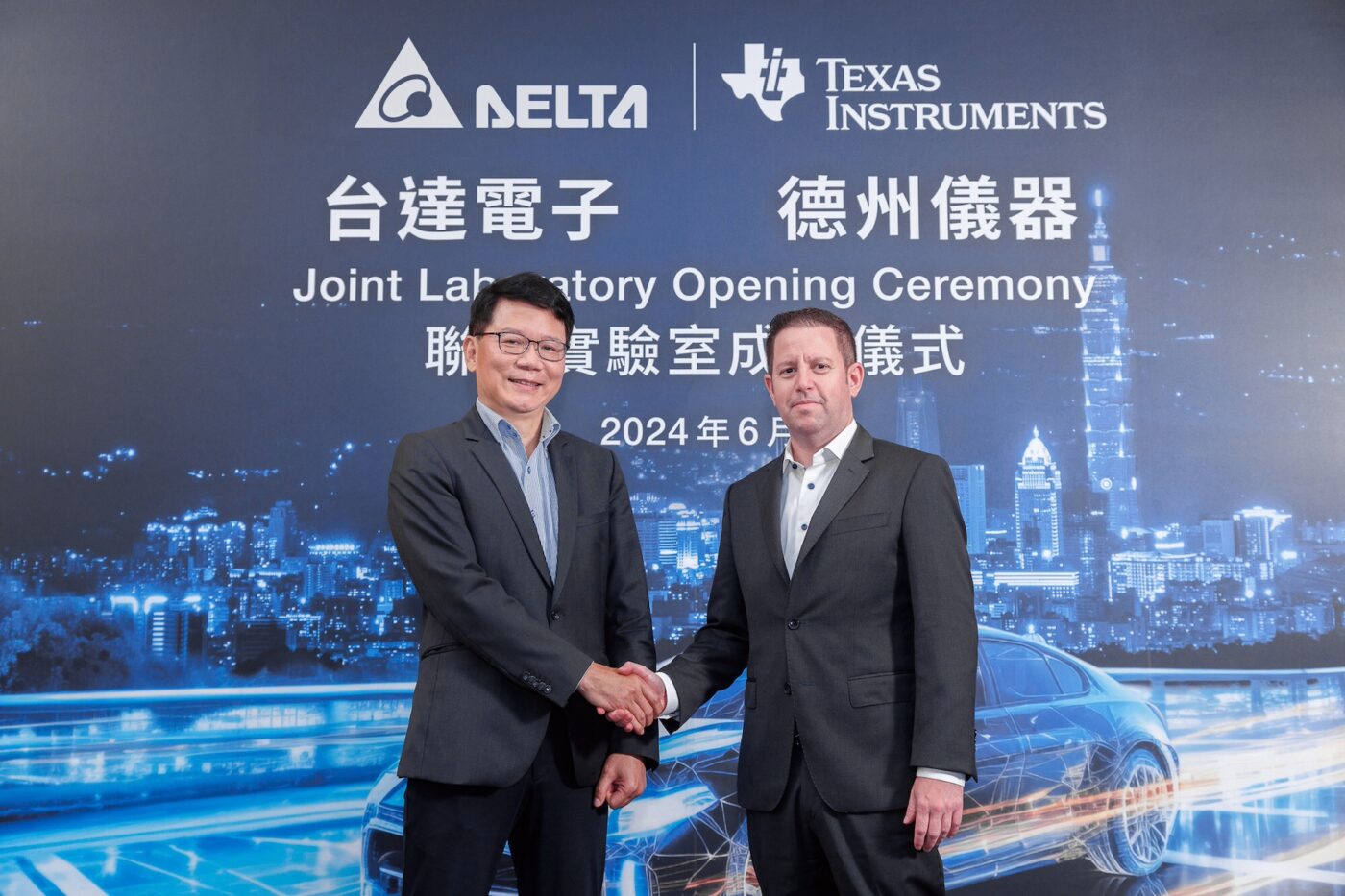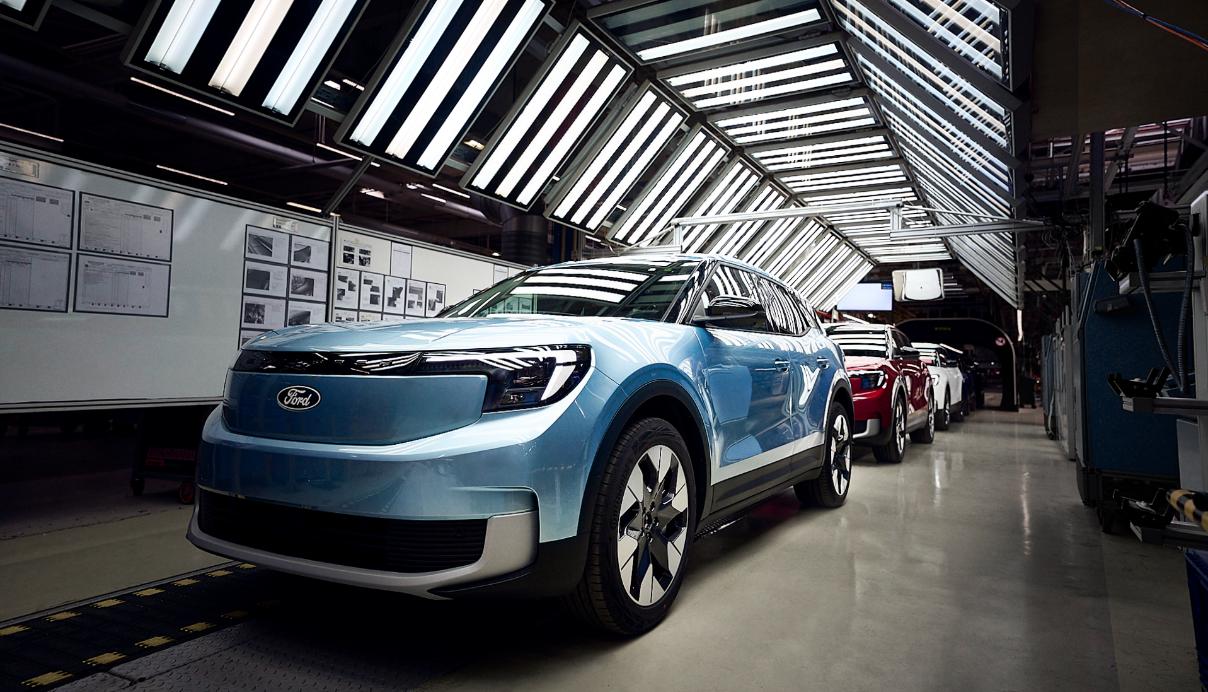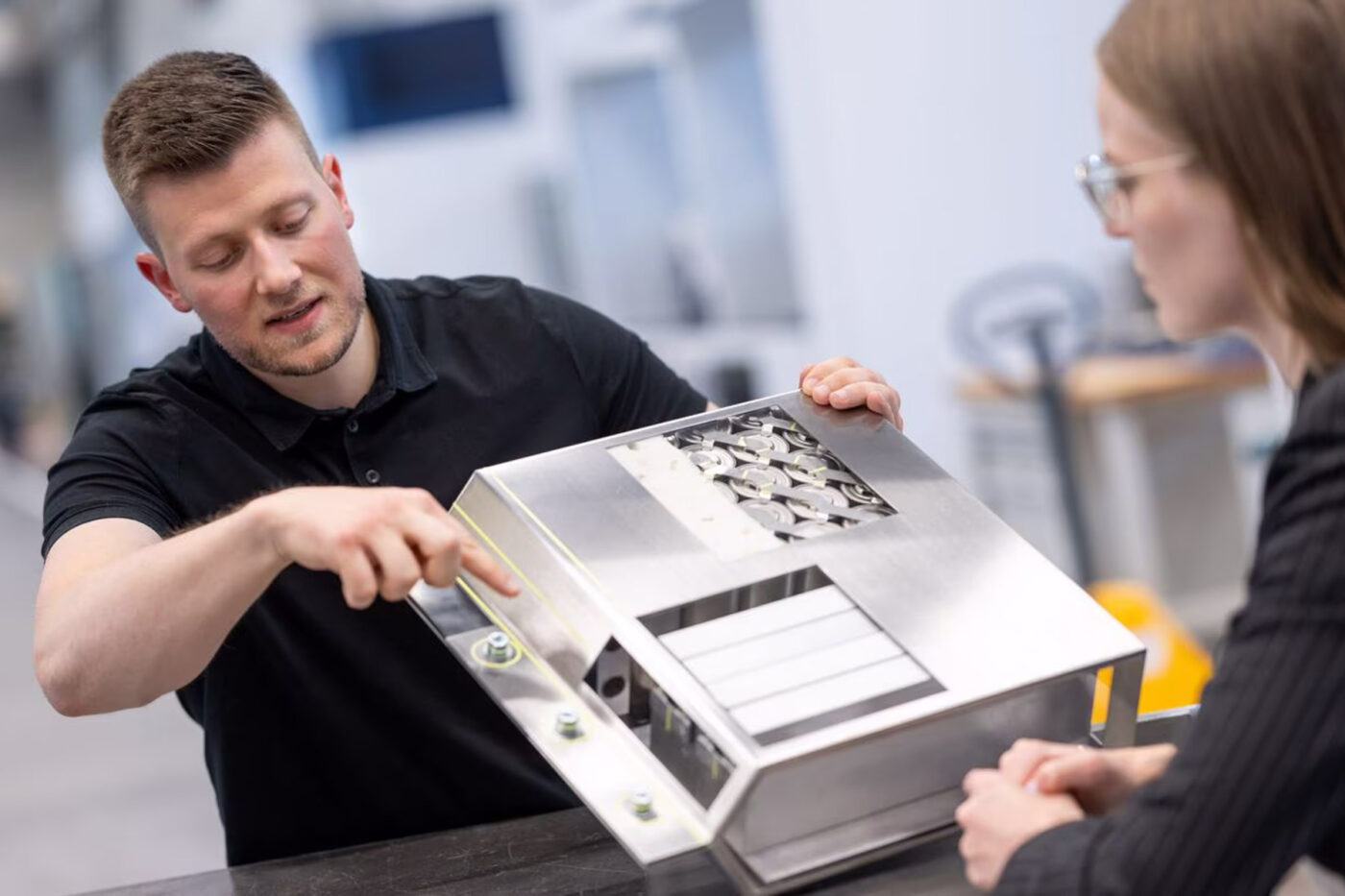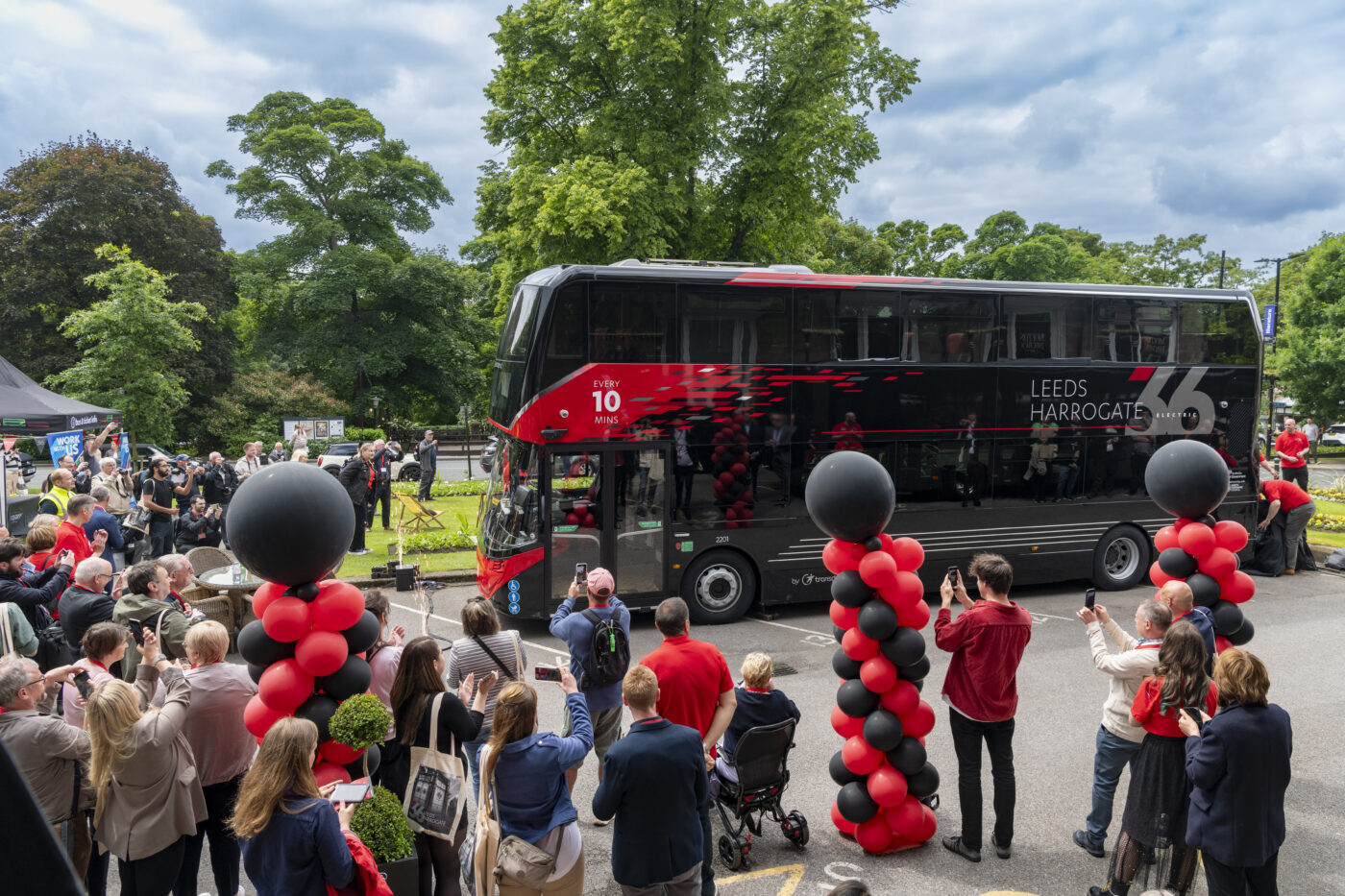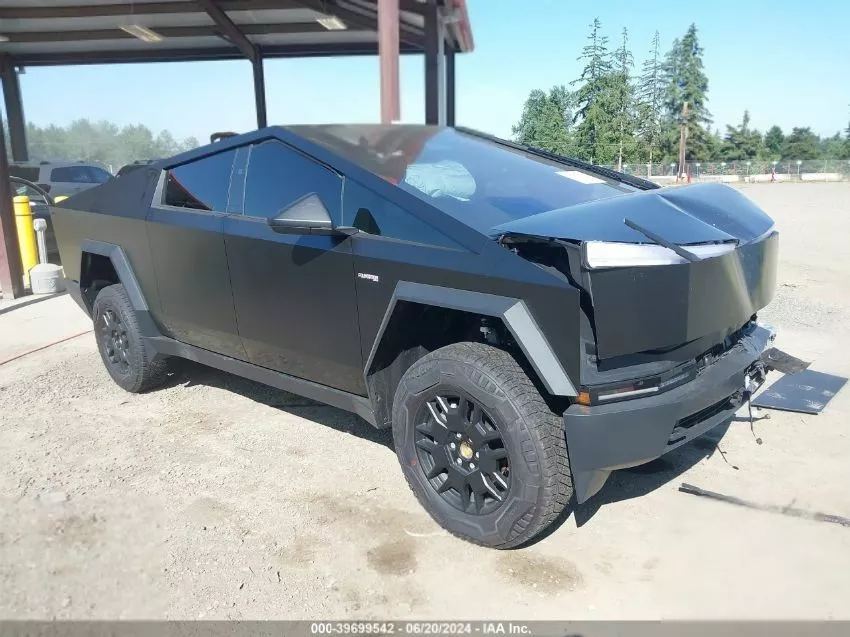In a bid to advance power electronics for electric vehicles (EVs), US semiconductor manufacturer Texas Instruments (TI) and Taiwanese electronics specialist Delta Electronics have joined forces. The collaboration aims to develop a lighter and more cost-effective 11 kW onboard charger for EVs in its initial phase.
The long-term partnership involves combining research and development capabilities in power management and power supply at a joint innovation lab in Pingzhen, Taiwan. This collaboration seeks to optimize power density, performance, and size to accelerate the realization of safer, faster-charging, and affordable electric vehicles.
Amichai Ron, senior vice president for Embedded Processing at TI, highlighted the goal, stating, “Together with Delta, we will use TI semiconductors to develop EV power systems like onboard chargers and DC/DC converters that are smaller, more efficient, and more reliable, increasing vehicle driving range and encouraging more widespread adoption of electric vehicles.”
Delta, with a focus on reducing emissions, has been developing automotive power products, systems, and solutions since 2008. James Tang, executive vice president of Mobility and head of the Electric Vehicle Solutions business group at Delta Electronics, emphasized the collaboration’s intent to enhance EV power systems, saying, “Delta intends to leverage TI’s extensive experience and advanced technology in digital control and GaN (gallium nitride) to improve the power density and performance of our EV power systems.”
Texas Instruments, ranked among the top 10 semiconductor companies globally based on sales volume, boasts over 60 years of experience supporting aerospace and defense customers. The company has recently unveiled a new battery management system utilizing a wireless communication protocol instead of cabling.
Earlier this year, Delta Electronics introduced a 500 kW fast charging station capable of simultaneously charging two electric vehicles with 250 kW each. This collaboration with TI is not Delta’s first or only joint laboratory with a semiconductor company, as it has established similar labs with several international semiconductor companies focusing on automotive power electronics and digital control.
The joint innovation lab with TI is expected to accelerate the development and full validation of Delta’s automotive products, aiding automotive manufacturers in designing architectures and layouts for the next generation of electric vehicles. The collaboration’s development roadmap includes three phases, with the first phase concentrating on developing a lighter, low-cost 11 kW onboard charger utilizing TI’s latest real-time microcontrollers (MCUs) and proprietary active EMI filter products.
In the subsequent phases, the companies will focus on achieving Automotive Safety Integrity Levels (ASILs) up to ASIL D and developing the next generation of automotive power solutions. Luke Lee, president of Taiwan, Japan, Korea, and South Asia at Texas Instruments, underscored the company’s commitment to vehicle electrification, stating, “Establishing this collaboration and joint innovation laboratory with Delta is just one more way TI is driving vehicle electrification forward.”

